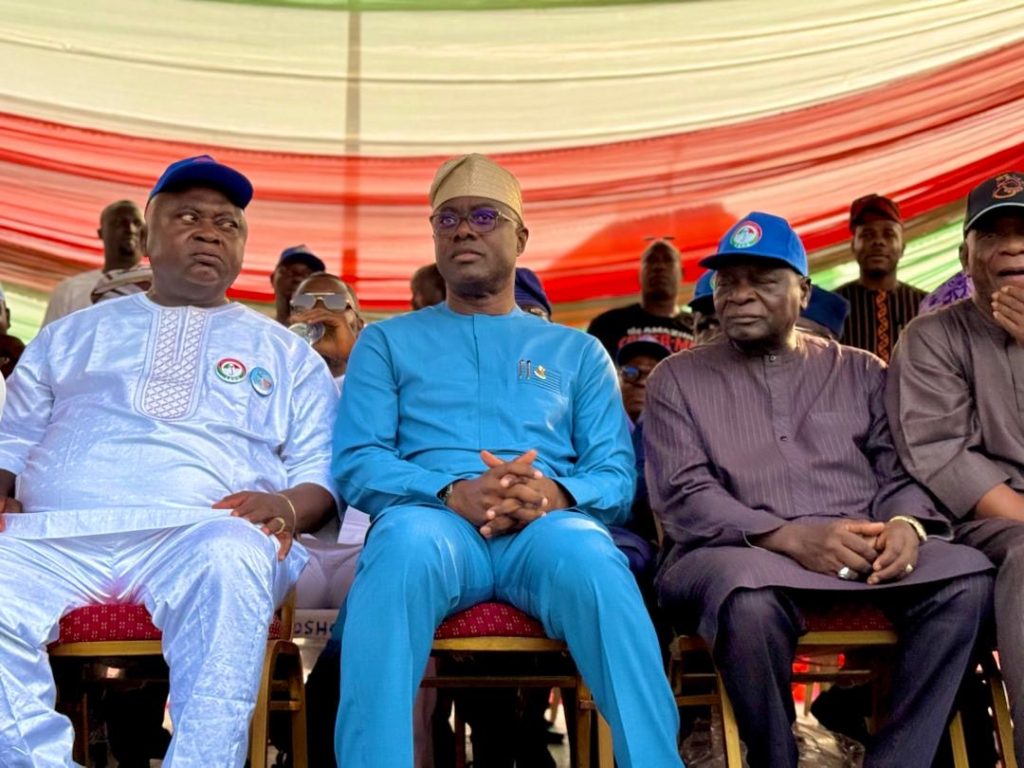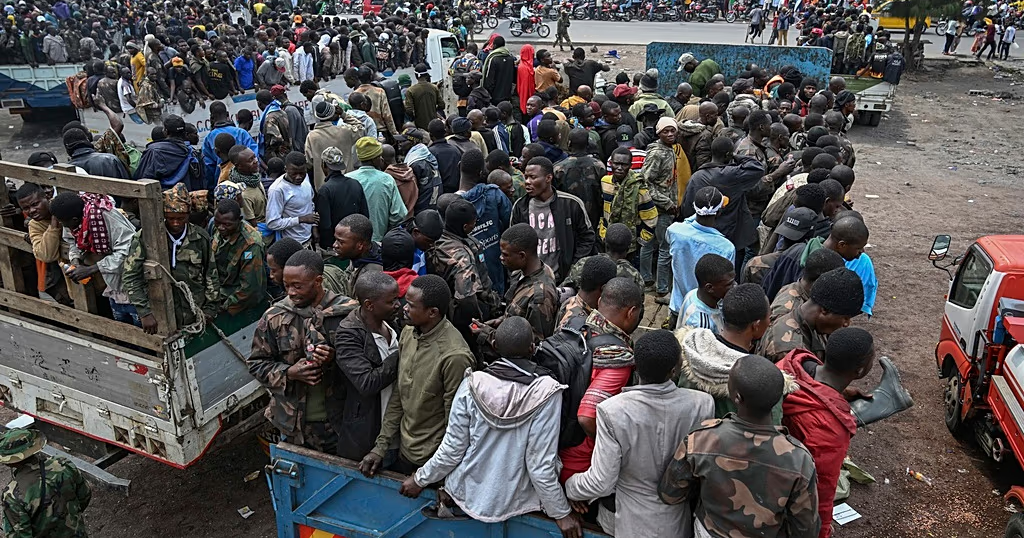The United Nations is facing a severe financial crisis, with Secretary-General António Guterres warning of a “race to bankruptcy” unless member states pay their dues in full and on time. Presenting a revised $3.238 billion regular budget for 2026, Guterres noted a significant drop from the original proposal of $3.715 billion, representing a 15.1% decrease from the 2025 approved appropriation.
The revised budget reduces staffing from 13,809 posts to 11,594, an 18.8% cut compared to 2025. These reductions target larger departments and administrative functions, while protecting programs that directly serve member states, particularly least developed countries and small island developing states. The regular budget, funded through mandatory assessed contributions from member states, covers the core programs and operations of the UN Secretariat.
The UN is also facing a liquidity crisis, with high arrears and delayed contributions threatening to undermine core operations. The current liquidity crisis has serious implications beyond 2026, with the potential to force significant spending reductions and potentially return $600 million in 2027, approximately 20% of the budget. Guterres emphasized the urgent need to reduce arrears and suspend the return of credits to mitigate this crisis.
Earlier measures to limit spending have provided only temporary relief, with the UN entering 2025 with a $135 million deficit and collecting only 66.2% of the year’s assessments by the end of September. As of September, only 136 of the 193 member states had paid their assessments in full, with several major contributors, including the United States, China, Russia, and Mexico, yet to complete their payments.
The revised 2026 program budget reflects both fiscal realities and the UN80 Initiative, a wide-ranging reform effort to make the Secretariat more agile, resilient, and cost-efficient. Proposed efficiencies include consolidating payroll, relocating functions to lower-cost duty stations, and creating common administrative platforms. Key priorities, such as Special Political Missions and the Peacebuilding Fund, will continue to receive funding despite the cuts.
Over the coming weeks, the Fifth Committee will discuss the proposal with UN Secretariat departments and senior program managers, with a report and recommendations to be presented to the General Assembly plenary by the end of December. The approval of the UN budget is expected by the end of the year, with the financial situation of the organization hanging in the balance.



